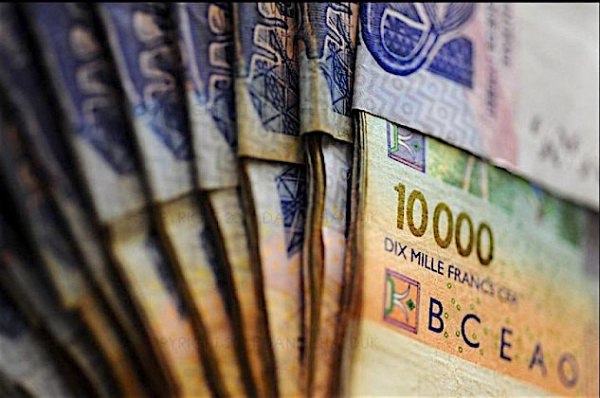Artisgain, a trailblazer in the Forex trading industry, has announced the launch of its innovative cashback platform, a move set to transform the Forex trading experience. This new feature integrates advanced technology with a rewarding cashback rebate system, catering to the evolving needs of modern traders.
Adapting to the Forex Market’s Dynamics:
In the fast-paced world of Forex trading, influenced by global economic trends and geopolitical events, staying ahead requires both agility and insight. Artisgain.com rises to this challenge by introducing a unique cashback system, tailored to empower traders. This initiative aims to alleviate the financial burden on traders, enhancing their potential for gains in an ever-fluctuating market.
Forex Trading for Everyone:
True to its commitment to inclusivity, Artisgain.com ensures that its Forex market offerings are accessible to traders of all levels. The platform’s innovative cashback system is a testament to this, standing out from traditional brokers. This system is not just about enhancing trading experiences; it’s about creating a nurturing space where learning and growth are as valued as profitability.
Real-World Benefits: The Case of Andy:
The practical advantages of Artisgain.com’s cashback feature are best illustrated through user experiences. A typical example is Forex trader Andy, who sees a significant reduction in his trading costs thanks to the cashback service. This case highlights how such a feature can dramatically increase a trader’s profitability.
Technology at the Forefront:
Artisgain.com isn’t just about cashback; it’s also about technological empowerment. The platform provides a suite of advanced tools, from sophisticated charting options to real-time market insights. A notable offering is the “Real-Time Prices and Spreads” tool, enhancing the decision-making process for traders of all skill levels.
Supporting the Community: The ArtisGain Affiliate Program:
Beyond its trading features, Artisgain.com is deeply committed to the broader trading community through its comprehensive Affiliate Program. This program is designed to support and amplify the business potential of various industry professionals, fostering a community that values innovation, transparency, and mutual growth.
Strategic Growth and Collaborations:
Looking to the future, Artisgain.com is focused on strategic growth through technology integration, educational resource enhancement, and forming partnerships with key Forex brokers. These initiatives are aimed at creating a well-informed trading community and deepening the platform’s network within the financial sector.
Conclusion:
With the launch of its Forex cashback platform, Artisgain.com sets a new benchmark in the market, offering traders advanced tools and a supportive community. To further assist traders in maximizing their potential, Artisgain.com has incorporated an educational video series, designed to enhance understanding and proficiency in Forex trading. The platform’s transformative impact goes beyond individual traders, fostering collaboration and building valuable partnerships, all while enhancing the overall Forex trading experience.
About Artisgain:
Artisgain is a leading financial technology company committed to providing innovative solutions to traders and investors globally. With a focus on transparency, efficiency, and user-centric design, Artisgain aims to reshape the financial landscape by empowering individuals to achieve their financial goals. For more information about Artisgain and its cashback feature, please visit Artisgain.com

